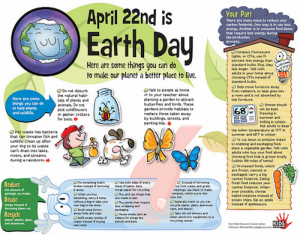Resources for Earth Day
- April 17, 2016
- By Elisabeth Morgan
The first Earth Day was in 1970, and is said to be the beginning of the modern environmental movement. On this day we take time to think about how we’ll build a healthy, sustainable environment, address climate change, and protect the Earth for future generations. Here are our favorite Earth Science resources to get you started:
UNITS
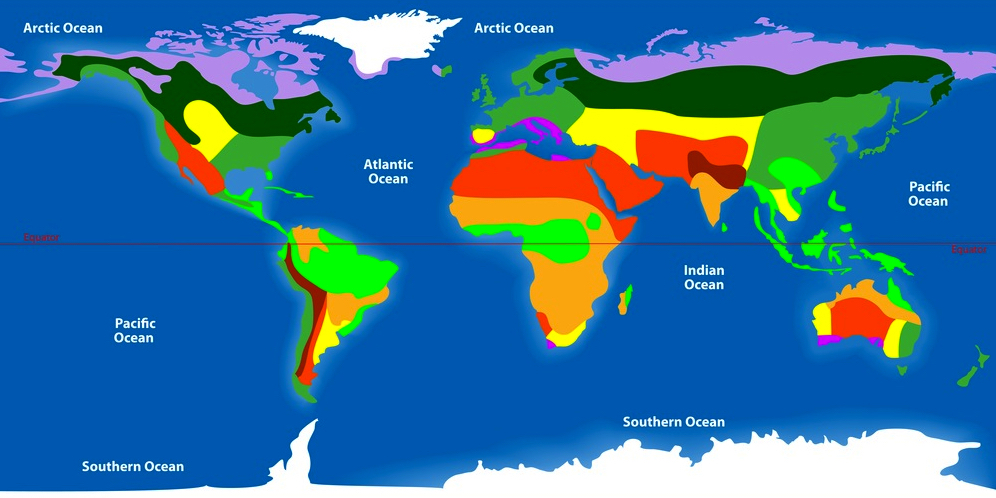 This unit explains ecology for kids with charts that show how the food chain works and a discussion of Earth’s 10 “biomes”, and will generate lively discussions with facts about our “ecological footprint”. This unit features topics on our Carbon Footprint, Earth’s Biomes, Food Chains, and the six levels of the study of Ecology.
This unit explains ecology for kids with charts that show how the food chain works and a discussion of Earth’s 10 “biomes”, and will generate lively discussions with facts about our “ecological footprint”. This unit features topics on our Carbon Footprint, Earth’s Biomes, Food Chains, and the six levels of the study of Ecology.
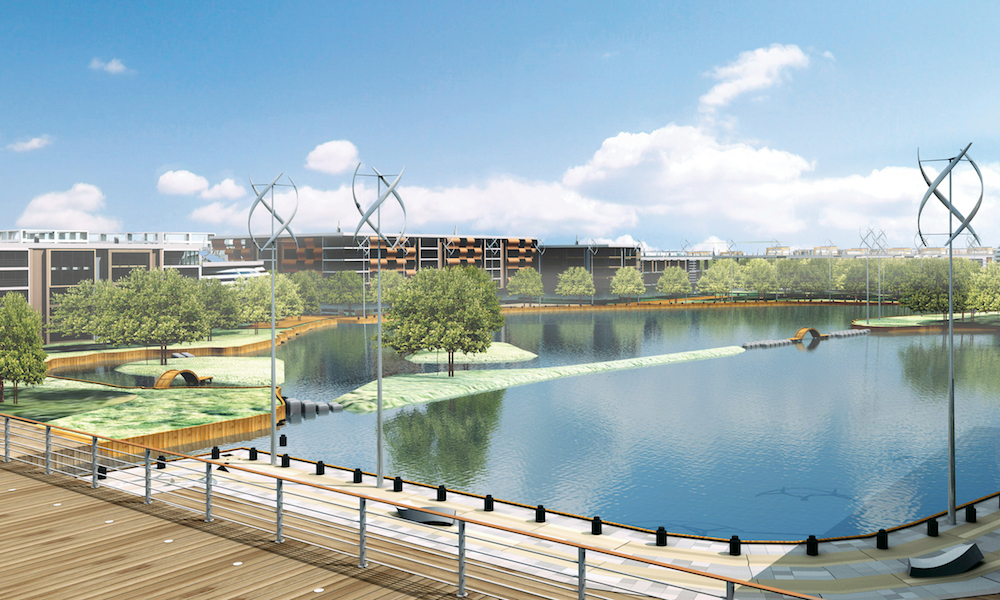 Think twice before you bite into that cheeseburger! Conservation for kids is made simple in this timely unit, which explains how cheeseburgers – and just about every other item we produce and consume – create a huge carbon footprint that causes climate change and pollution. Explore the vital roles that clean air and water play in our lives, and find out how scientists are struggling to keep our planet green by developing alternative fuels and other forms of energy.
Think twice before you bite into that cheeseburger! Conservation for kids is made simple in this timely unit, which explains how cheeseburgers – and just about every other item we produce and consume – create a huge carbon footprint that causes climate change and pollution. Explore the vital roles that clean air and water play in our lives, and find out how scientists are struggling to keep our planet green by developing alternative fuels and other forms of energy.
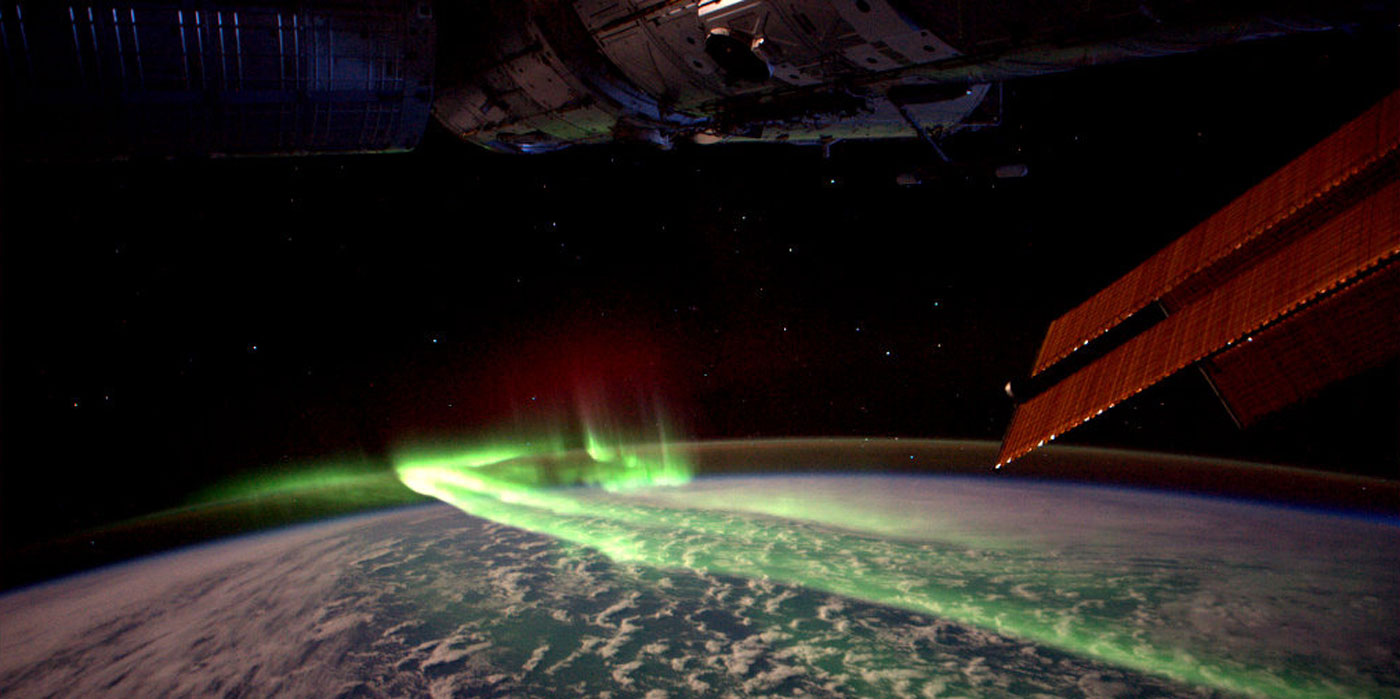 The Earth, for kids, comes alive with an overview of how our planet was born and how life has flourished on it – and also perished – over the eons. How did life evolve on Earth? Why did the dinosaurs die out? These and other basic questions about our planet are answered in Earth.
The Earth, for kids, comes alive with an overview of how our planet was born and how life has flourished on it – and also perished – over the eons. How did life evolve on Earth? Why did the dinosaurs die out? These and other basic questions about our planet are answered in Earth.
TOPICS (FREE ALL WEEK!)
Conservation: Landfills and Recycling
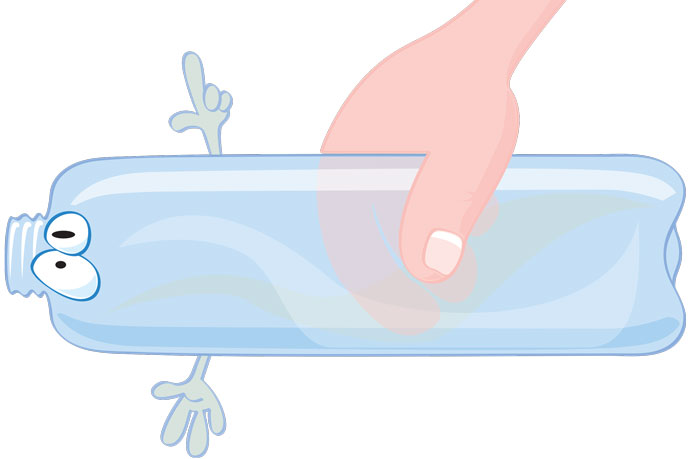 Reduce the amount of garbage you make. Reuse things instead of throwing them out. Recycle paper, plastic, glass, and aluminum. This topic offers real-life tips on how we can conserve. It also shows kids how landfills work, and why it’s important to limit what we put into them.
Reduce the amount of garbage you make. Reuse things instead of throwing them out. Recycle paper, plastic, glass, and aluminum. This topic offers real-life tips on how we can conserve. It also shows kids how landfills work, and why it’s important to limit what we put into them.
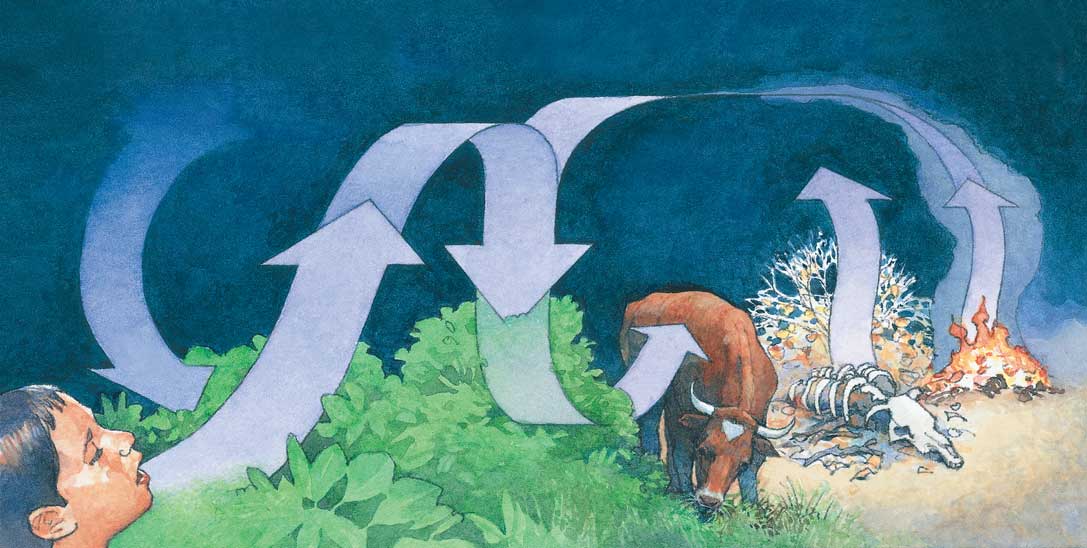 Nature is the ultimate recycler, because nothing goes to waste. At this minute, the chemicals and minerals that make all life possible are spinning around in the air. All of them are being reused for the umpteen billionth time in a series of cycles that are as old as life on Earth. What are these cycles of life and death? This topic explains two – the water and carbon cycles.
Nature is the ultimate recycler, because nothing goes to waste. At this minute, the chemicals and minerals that make all life possible are spinning around in the air. All of them are being reused for the umpteen billionth time in a series of cycles that are as old as life on Earth. What are these cycles of life and death? This topic explains two – the water and carbon cycles.
 Conservation: Our Carbon Footprint
Conservation: Our Carbon Footprint
How does your carbon footprint work? It’s all about how much carbon dioxide goes into the atmosphere because of you. For example, when you ride in a car, your carbon footprint grows. Cars aren’t the only things that add to a carbon footprint. Practically everything does—even a cheeseburger. In this topic we break down a burger to show kids how everything we do leaves a footprint.
Ecosystems: Connected and Balanced
 Ecosystems are called “systems” for a reason. Like a smooth-running machine, all the parts are depend on other parts. Energy and material are constantly being cycled between parts. And if one thing changes, the effect can ripple through the whole ecosystem.
Ecosystems are called “systems” for a reason. Like a smooth-running machine, all the parts are depend on other parts. Energy and material are constantly being cycled between parts. And if one thing changes, the effect can ripple through the whole ecosystem.
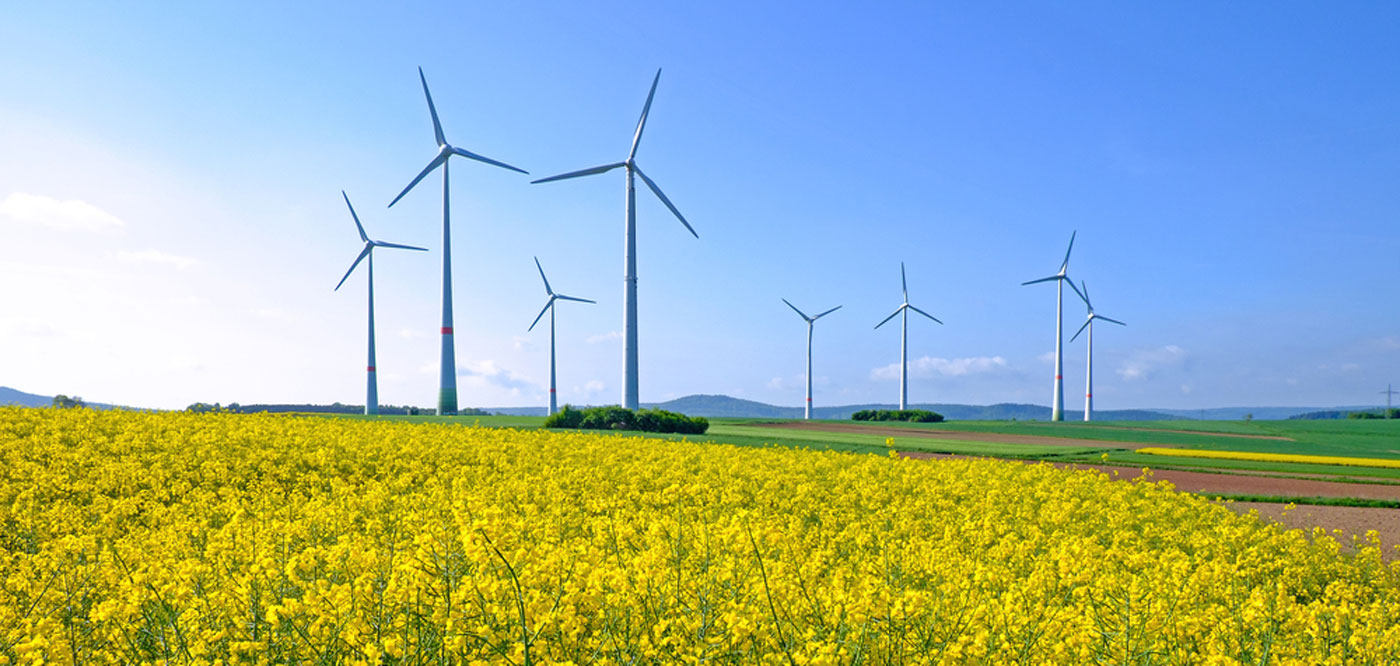 How we act today will have an enormous effect on tomorrow’s world. Cars, airplanes, and other conveniences make our lives easier in some ways. But they also create smog and harm our quality of life. Burning fossil fuels (coal, oil, gas) also pollutes Earth. This topic provides an overview of how we use energy and the cutbacks we’ll have to make to protect Earth.
How we act today will have an enormous effect on tomorrow’s world. Cars, airplanes, and other conveniences make our lives easier in some ways. But they also create smog and harm our quality of life. Burning fossil fuels (coal, oil, gas) also pollutes Earth. This topic provides an overview of how we use energy and the cutbacks we’ll have to make to protect Earth.
INFOGRAPHICS
Remind your school that Earth Day is coming up! All our infographics are totally FREE and printable- so save and share. Here are some things kids can do to make our planet a better place to live. Don’t forget– infographics can also be shared on Pinterest!
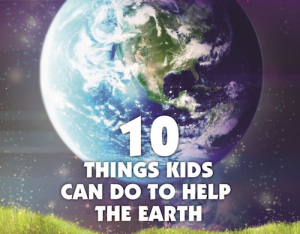 10 Things Kids Can Do To Help the Earth
10 Things Kids Can Do To Help the Earth
Perfect for Earth Month, this informative 10-page curriculum packet includes a “How a Bottle Gets Recycled” infographic, 10 unique ideas for how kids can make a difference, and an extensive resource list to help continue the lessons for both students and kids at home. Download it, print it, pin it, share it!
PRINT TITLES
